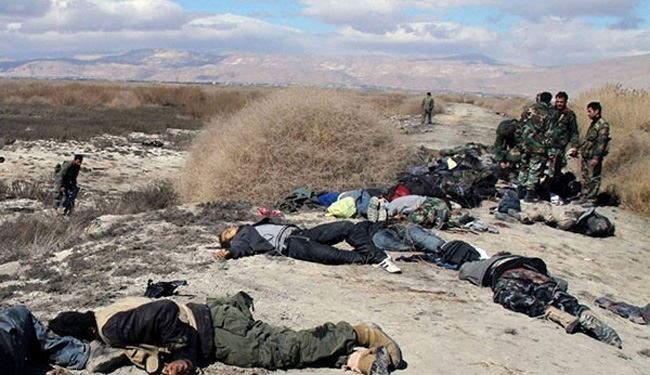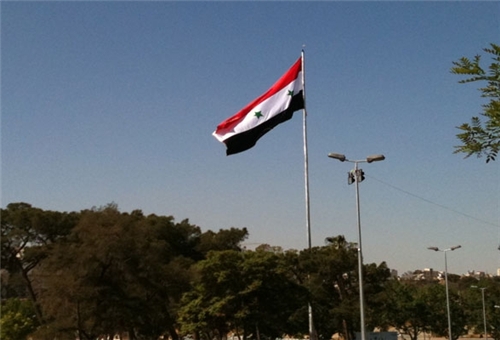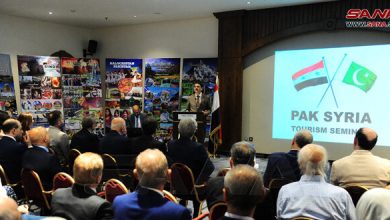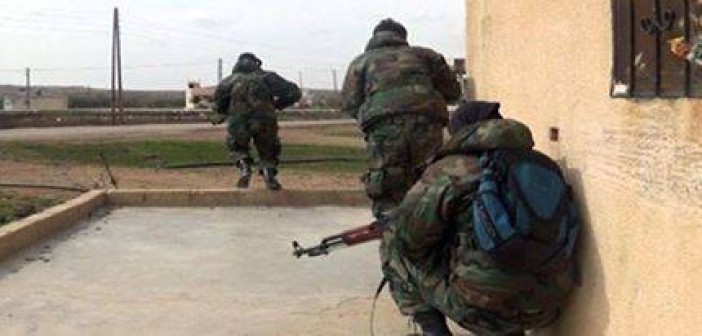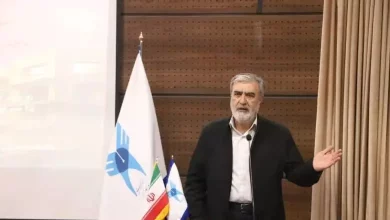Soldiers in Saudi war don’t have to fast: zionist Saudi mufti

For a second year in a row, Saudi Arabia’s grand mufti has exempted troops participating in the war on Yemen from observing the religious obligation of fasting during Ramadan.
Last year, Abdul-Aziz ibn Abdullah Al ash-Sheikh had issued a fatwa excluding the soldiers stationed on the border with Yemen from fasting.
On Tuesday, the Wahhabi figure issued a similar decree, which expanded the exemption to all the troops waging war at Riyadh’s behest, Saudi daily Okaz reported.
“You are caught between the two good deeds of jihad and fasting. Therefore, anyone who can afford it should fast and anyone who cannot is exempted and can break their fast, doing penance on other days,” read the decree.
Yemen has been under Saudi military attacks almost on a daily basis since March 2015. The offensives, launched in a bid to bring former President Abd Rabbuh Mansur Hadi back to power, have killed thousands and destroyed the country’s civilian infrastructure, including hospitals, schools, and factories.
A Yemeni man checks the ruins of buildings destroyed in an airstrike in the Yemeni capital, Sana’a, February 25, 2016. (Photo by AFP)
The dominant religion in Saudi Arabia is Wahhabism. A characteristic of the radical ideology is Takfirism, or the practice of accusing others of being “infidels,” and sanctioning their murder.
Current and former Saudi Wahhabi religious authorities have earned much notoriety by issuing highly-controversial fatwas, which sharply contrast Islamic principles.
Some of these include allowing men to divorce their wives by only texting them, banning fathers and daughters from staying at the house at the same time, ruling that female sheep be buried alive, banning relationships with Shia Muslims, and forbidding seat belts under the pretext that they get in the way of fate.
